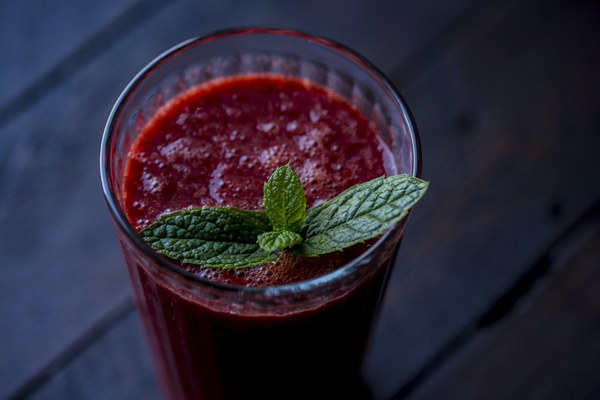Unlocking the Secrets of Enzyme Defense A Key to Anti-Aging Mechanisms
In the quest for eternal youth, scientists and researchers have delved deep into the mysteries of aging, seeking answers to slow down the ticking clock of time. One of the most fascinating discoveries in this field is the role of enzymes in the anti-aging mechanism. This article explores the concept of enzyme defense and how it plays a crucial role in combating the aging process.
Enzymes are proteins that act as catalysts, speeding up chemical reactions in the body. They are involved in nearly every aspect of life, from digestion to metabolism, and even DNA repair. In the context of aging, enzymes play a pivotal role in defending against the harmful effects of free radicals, oxidative stress, and cellular damage.
Free radicals are unstable molecules that can cause significant damage to cells and tissues. They are produced as a byproduct of normal cellular processes and are also generated by external factors such as pollution, UV radiation, and smoking. Over time, the accumulation of free radicals can lead to oxidative stress, which, in turn, accelerates the aging process.

Enzyme defense mechanisms come into play by neutralizing free radicals and preventing oxidative stress. One of the most well-known enzymes in this defense system is superoxide dismutase (SOD). SOD is capable of converting harmful superoxide radicals into hydrogen peroxide, which is then broken down by another enzyme called catalase. This process helps protect cells from oxidative damage and promotes longevity.
Another crucial enzyme in the anti-aging mechanism is glutathione peroxidase (GPx). GPx plays a vital role in protecting cells from oxidative stress by neutralizing hydrogen peroxide and other reactive oxygen species. In addition to its antioxidant properties, GPx also helps maintain the integrity of cellular membranes, ensuring that cells remain healthy and functional.
Collagenase, an enzyme that breaks down collagen, also plays a role in the anti-aging process. Collagen is a protein that provides structural support to the skin and other tissues. As we age, the production of collagen decreases, leading to the appearance of wrinkles and sagging skin. By inhibiting collagenase activity, we can help maintain youthful skin and improve overall skin health.
Enzyme defense mechanisms are not only limited to the cellular level but also extend to the systemic level. For example, the enzyme angiotensin-converting enzyme (ACE) has been shown to play a role in regulating blood pressure and cardiovascular health, both of which are crucial for maintaining youthful vitality.
While the concept of enzyme defense is intriguing, it is essential to understand that it is just one aspect of the complex anti-aging process. Other factors, such as genetics, lifestyle, and diet, also contribute to the aging process. However, harnessing the power of enzymes can provide a natural and effective way to combat aging and improve overall health.
Several studies have shown that dietary supplements containing enzymes can have a positive impact on anti-aging. For instance, a study published in the Journal of the American Medical Association found that a supplement containing SOD, catalase, and vitamin E helped reduce oxidative stress and improve overall health in older adults.
In conclusion, enzyme defense is a fascinating and promising field in the realm of anti-aging. By understanding the role of enzymes in protecting cells from oxidative stress and promoting longevity, we can develop new strategies to combat aging and improve our quality of life. As research continues to unfold, we may soon unlock the full potential of enzyme defense in the quest for eternal youth.









